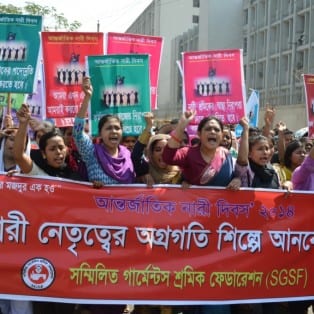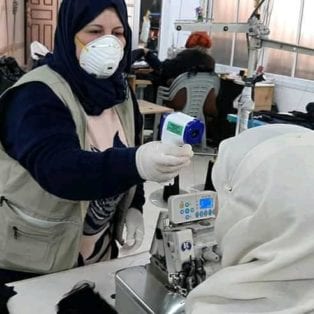The COVID-19 crisis is especially devastating for the 50 million workers who make clothes, shoes and textiles in factories around the world. With declining sales, corporate retailers are canceling orders and factories are laying off workers, most without pay. Those...
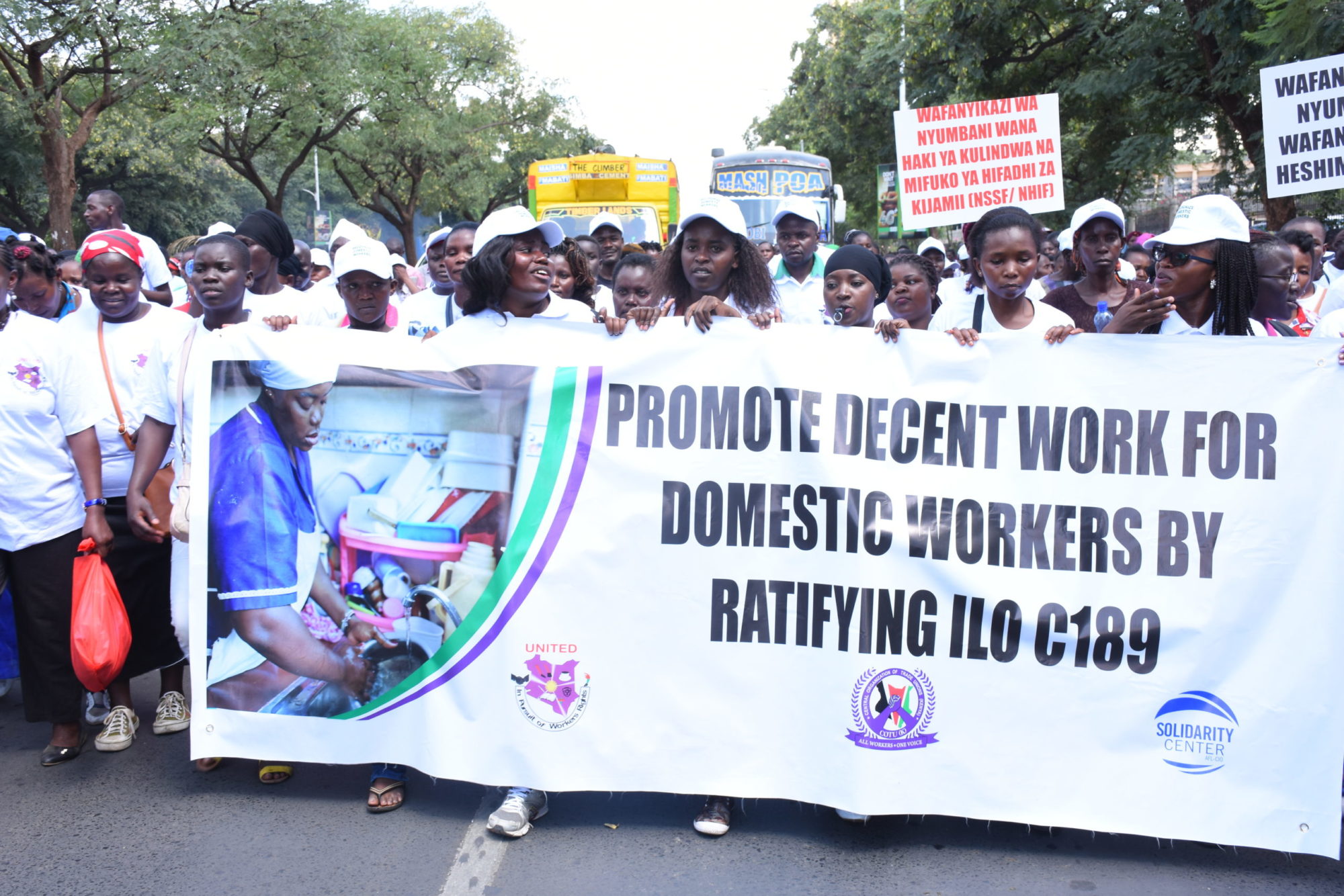
The Solidarity Center joins with unions in Kenya and around the world in championing ratification of the ILO global treaty Convention 189 covering domestic worker rights. Credit: KUDHEIHA
Millions of domestic workers are employed in countries where they are excluded from national labor laws, including limits to working hours, minimum wage and overtime pay. Domestic workers, who are predominantly women and sometimes children, toil invisibly in private homes. Some live on their employer’s premises where, away from the public eye, they often are subject to abuse. Nearly one in five domestic workers are international migrants.
The Solidarity Center supports unions around the world as they assist domestic workers in gaining their rights on the job such as in Honduras and Ukraine, where workers formed the first domestic workers union in their countries with the assistance of Solidarity Center partners.
Together with the International Domestic Workers Federation (IDWF) and the U.S.-based National Domestic Workers Alliance, the Solidarity Center supports leadership, gender equality and rights-based training for domestic workers to strengthen their ability to advocate for improved wages and working conditions.
Many domestic workers migrate for jobs to the Gulf countries and the Middle East, and the Solidarity Center works to advance their rights with union partners in origin and destination countries, such as the Kuwait Trade Union Federation (KTUF), which launched a migrant worker office that assists domestic workers and other migrant workers experiencing wage theft and other forms of exploitation.
The Solidarity Center, which joined with unions and rights organizations in championing passage of the 2011 International Labor Organization’s global treaty (Convention 189) covering domestic worker rights, assists unions in pushing for adoption of the treaty in their countries to ensure domestic work is legally recognized and valued. The Solidarity Center also supports domestic worker unions achieve labor rights in countries such as Mexico, where union partners won the right to written contracts and a ban on employing workers younger than age 15.
Worker Rights Experts Field COVID-19 Queries in Ukraine
In Ukraine, as workers face employer efforts to shortchange their pay, lay them off or take other adverse actions during the COVID-19 crisis, many are turning to Labor Initiatives, a Solidarity Center-supported Ukrainian NGO that provides legal assistance to workers....
COVID-19: Unions Mobilize Across Middle East/N. Africa
Across the Middle East and North Africa, unions and worker associations are mobilizing to educate workers about their rights during the COVID-19 crisis, provide them with resources to protect themselves and their families, and push for fair treatment at the workplace....
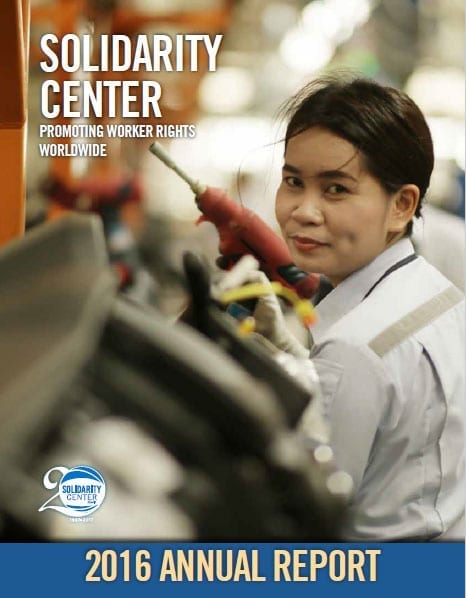
Annual Report 2016
Download here.
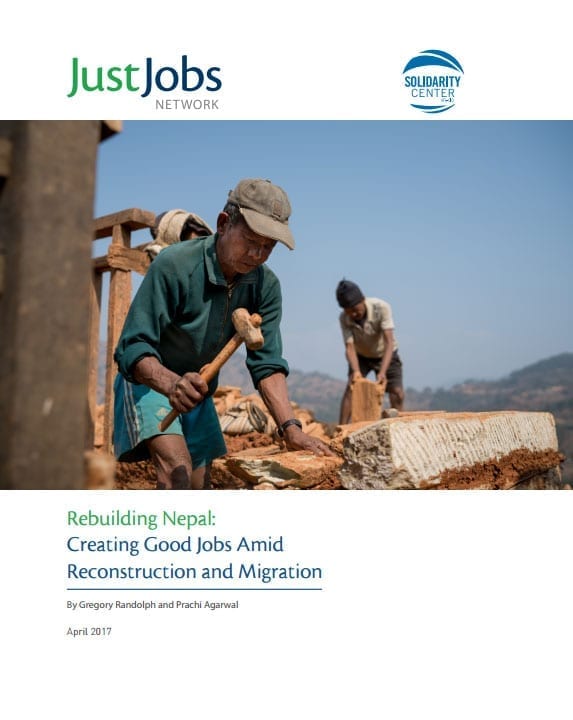
Rebuilding Nepal: Creating Good Jobs Amid Reconstruction and Migration
This JustJobs and Solidarity Center report asserts that post-earthquake Nepal is at a unique moment when it can leverage the reconstruction process to protect worker rights and ensure that migration out of the country for work is a choice, not a necessity....
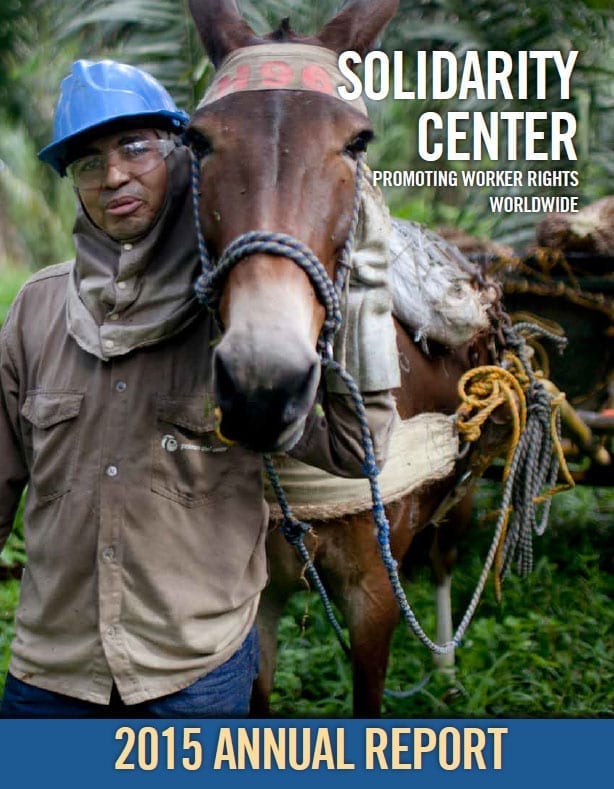
Annual Report 2015
Download here.

Workers in Post-Civil War Jaffna
Although Sri Lanka's labor code sets the minimum wage, the maximum number of work hours per day and work days per week, and establishes rules around overtime and benefits, many employers in Jaffna, the country’s northern province, are flaunting the statutes. The vast...
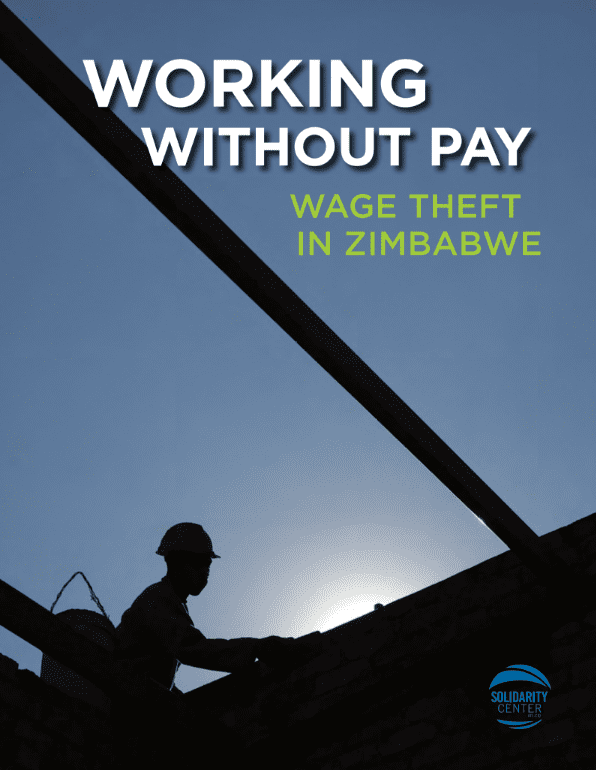
Working Without Pay: Wage Theft in Zimbabwe
Wage theft is widespread throughout the the public- and private-sectors, with Zimbabweans working months without a paycheck. Based on surveys at 442 companies, the report documents the vast scope of wage theft; outlines the responsibilities of the state under...
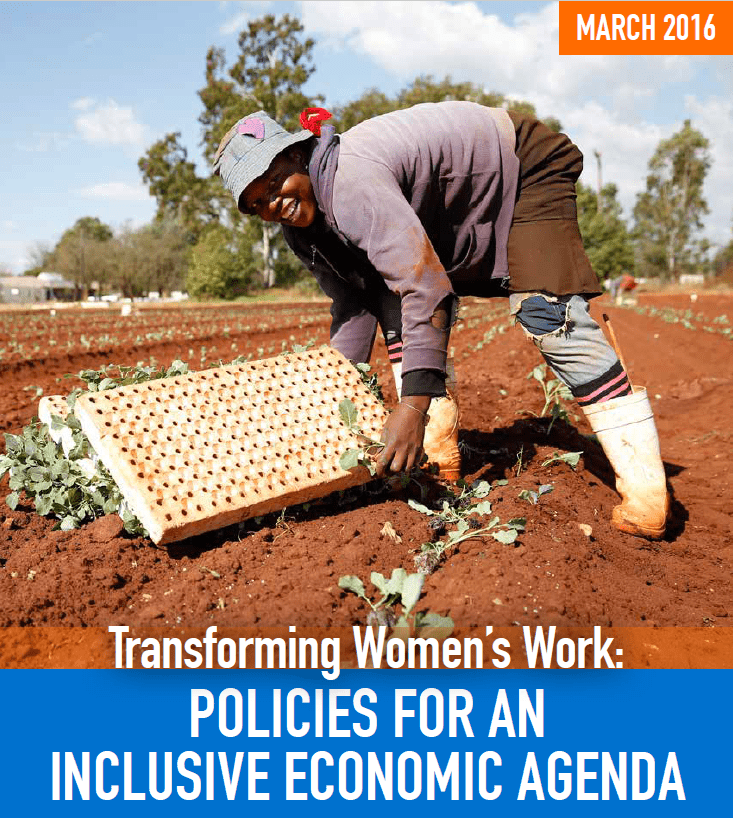
Transforming Women’s Work: Policies for an Inclusive Economic Agenda
Convening experts from the AFL-CIO, the Rutgers University Center for Women’s Global Leadership and the Solidarity Center, this report examines how to shift governments' policy priorities, create an enabling environment for social organizing and transform women’s...

